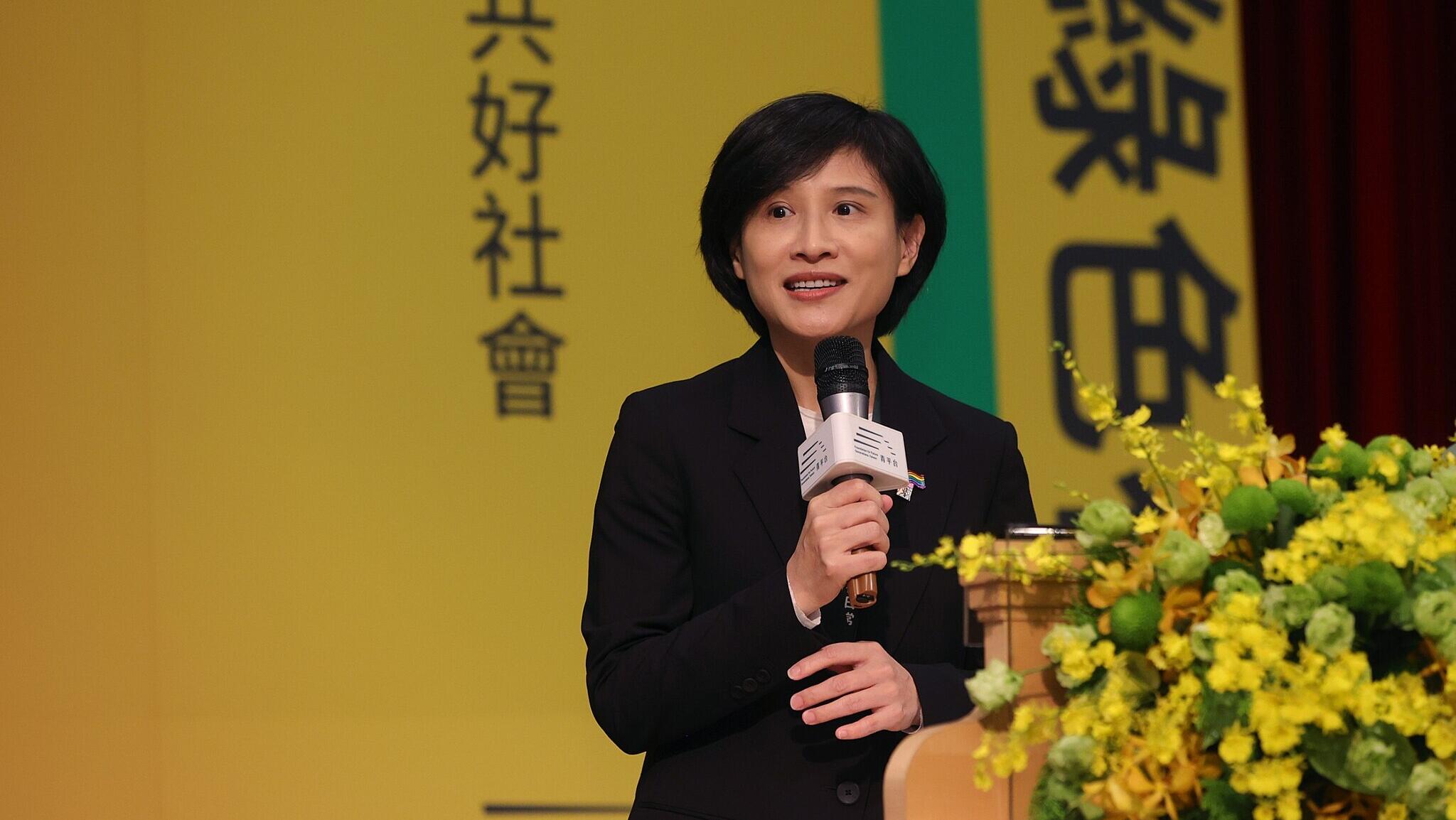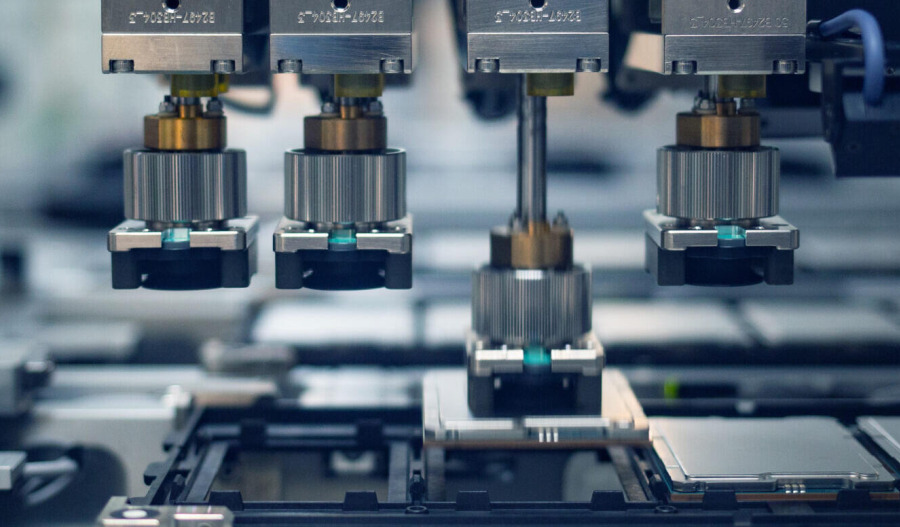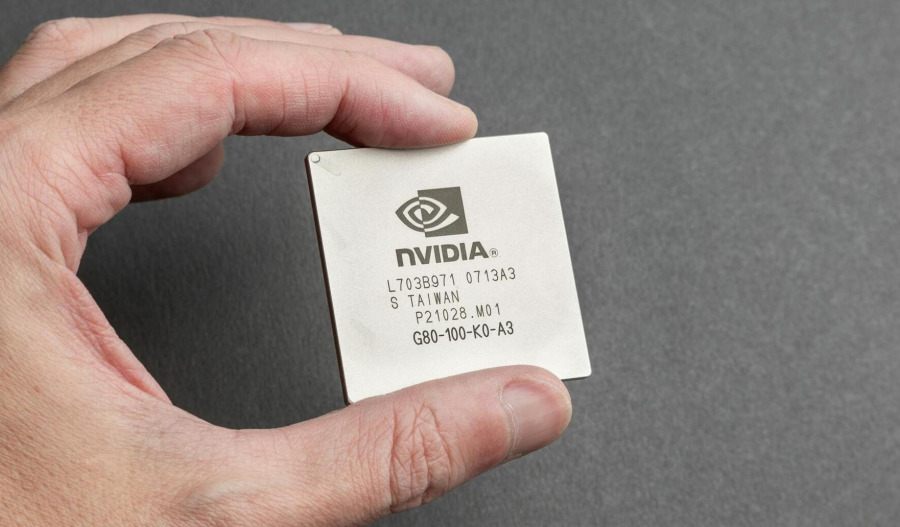Taiwan will not agree to the United States’ proposal to move large amounts of its semiconductor production to the U.S., Taiwan’s Vice Premier has said.
U.S. Commerce Secretary Howard Lutnick said this week that the U.S. held discussions with Taiwan about manufacturing half of all chips intended for the American market in the U.S.
“Our negotiating team has never made any commitment to a 50-50 split on chips,” said Taiwanese Vice Premier Cheng Li-chiun.
“Rest assured, we did not discuss this issue during this round of talks, nor would we agree to such conditions.”
Cheng said Taiwan’s talks with the U.S. had centred on lowering U.S. tariffs on Taiwan and potential exemptions from stacking of tariff rates. Taiwanese goods currently face a 20% tariff rate.
The U.S.’ goal is to manufacture around 40% of U.S. chip demand domestically by the end of President Donald Trump’s term in January 2029, Lutnick said.
According to Lutnick, the U.S. is concerned about national security issues from Taiwan’s proximity to China. TSMC, Taiwan’s largest chipmaker, is reportedly able to deactivate its manufacturing machines if China attempts to invade Taiwan.
TSMC has already pledged US$165 billion this year to increase production at its U.S. plants.
The U.S. launched an investigation in April into potentially adding tariffs on foreign-made semiconductors, though a decision has not yet been reached.
The administration is considering adding tariffs on foreign-made electronic devices based on the number of chips they contain, Reuters reported last week.
Related content


